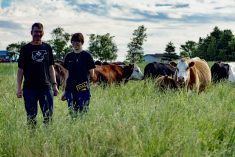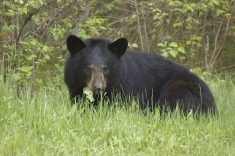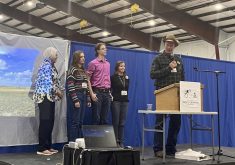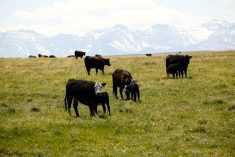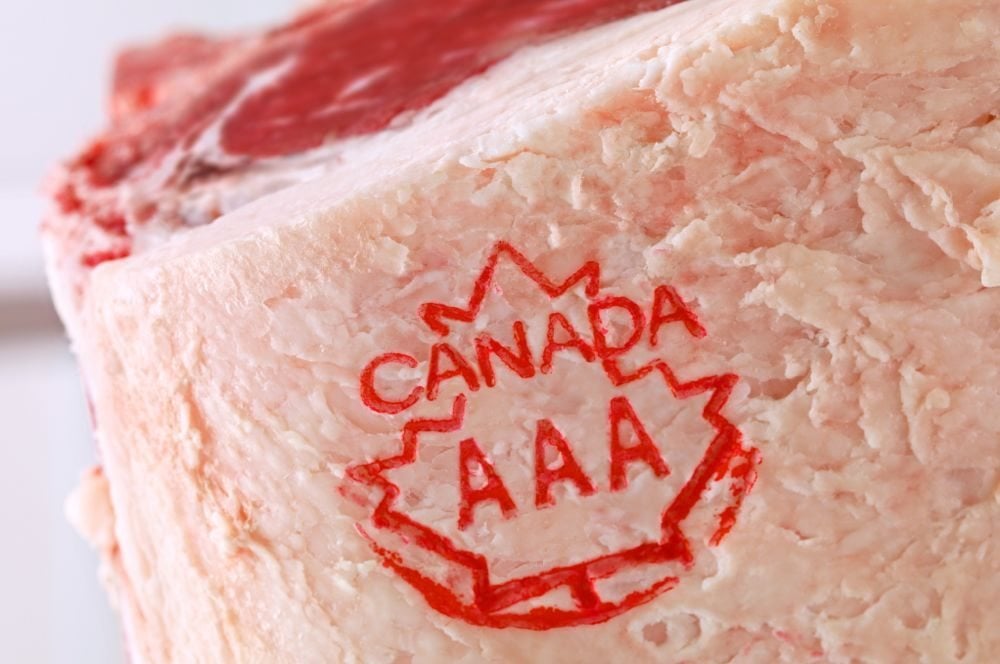As the Species at Risk Partnerships on Agricultural Lands (SARPAL) program draws to a close, interviews with participating producers are revealing tremendous support for the initiative.
SARPAL is a voluntary, producer-driven program that conserves wildlife habitat in several provinces and is delivered by local organizations. The program, funded by Environment and Climate Change Canada, is set to wrap in March 2020. However, those involved hope that the federal government will fund a new version of the program.
The Saskatchewan Stock Growers Association (SSGA) delivers the program in southwestern Saskatchewan, in partnership with the South of the Divide Conservation Action Program (SODCAP) Inc. SSGA hired Dr. Dana Reiter, a post-doctoral fellow from the University of British Columbia, to interview producers participating in the program and gauge their support.
Read Also

Growing Canada’s beef herd: CCA’s priorities working with new federal government
This is my first column since the federal election. The Canadian Cattle Association works with all elected officials and parliamentarians, regardless…
Over the summer, Reiter interviewed 36 of the 42 producers and others participating in SARPAL. Preliminary findings show that all of the interviewed producers are satisfied with SARPAL’s programming options, and most provided feedback on ways to improve the program, stated an article in the Canadian Cattlemen’s Association e-news.
“Producers especially like the fact the SARPAL program is flexible, not directive, but designed collaboratively with SODCAP Inc. staff and the producers themselves,” says Reiter. “And that the incentives are results based, so they will not be penalized if they are unable to meet their targets.”
Reiter has submitted a report to help SODCAP design the program’s second phase. Over the next two years, she’ll be working with Dr. Jeremy Pittman of the University of Waterloo and Dr. Lael Parrott of the University of British Columbia to expand the research, with funding from a Liber Ero post-doctoral fellowship. Pittman has sent surveys to participating producers in British Columbia, Alberta, Saskatchewan and Manitoba on their experiences with the program. To add to the information already collected from Saskatchewan, Reiter will be interviewing participants in the remaining western Canadian provinces.
The team will then combine information from the surveys and interviews to prepare a final report evaluating the program in Western Canada. Environment and Climate Change Canada and the organizations delivering the program in each province will be able to use the report to improve the program.



